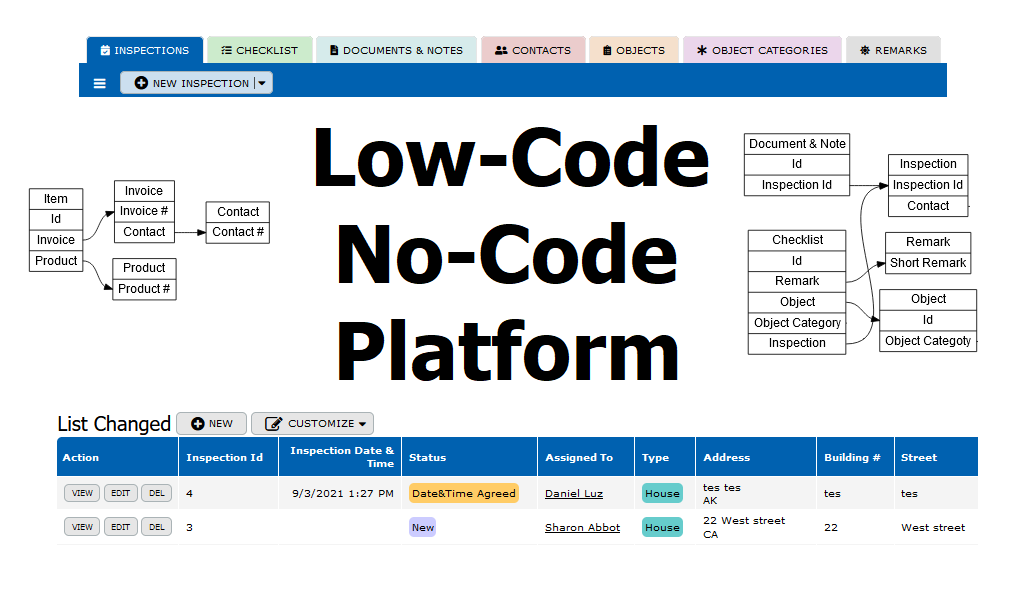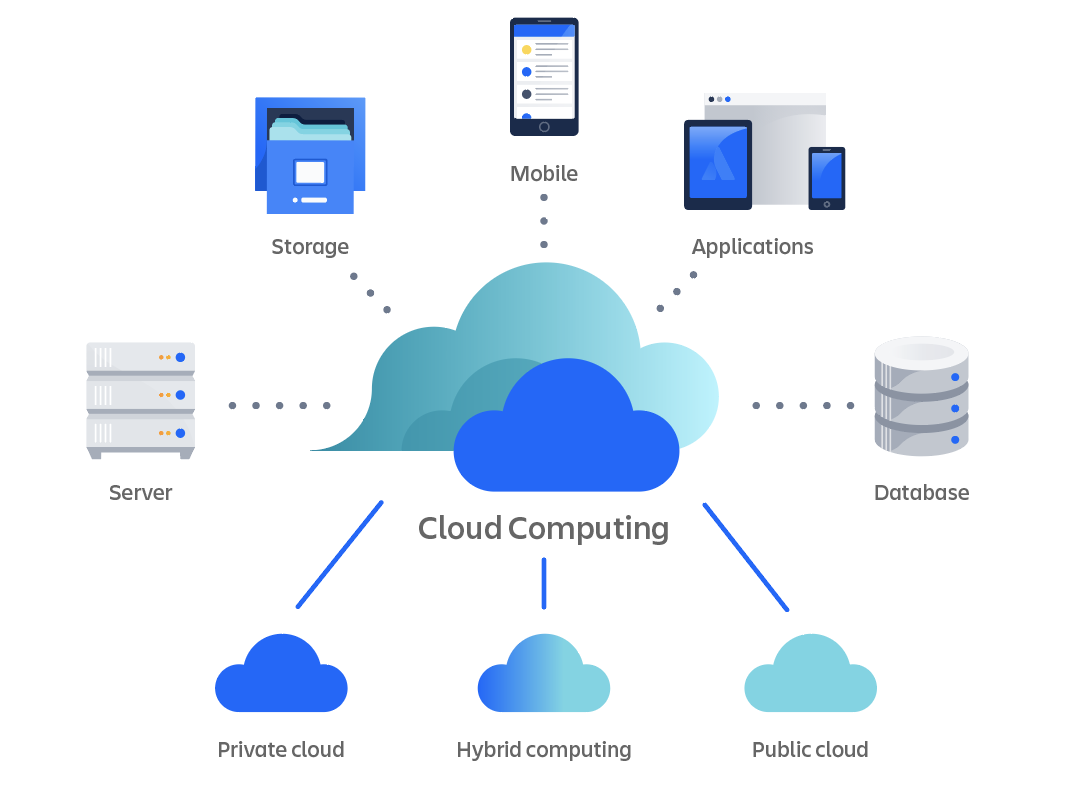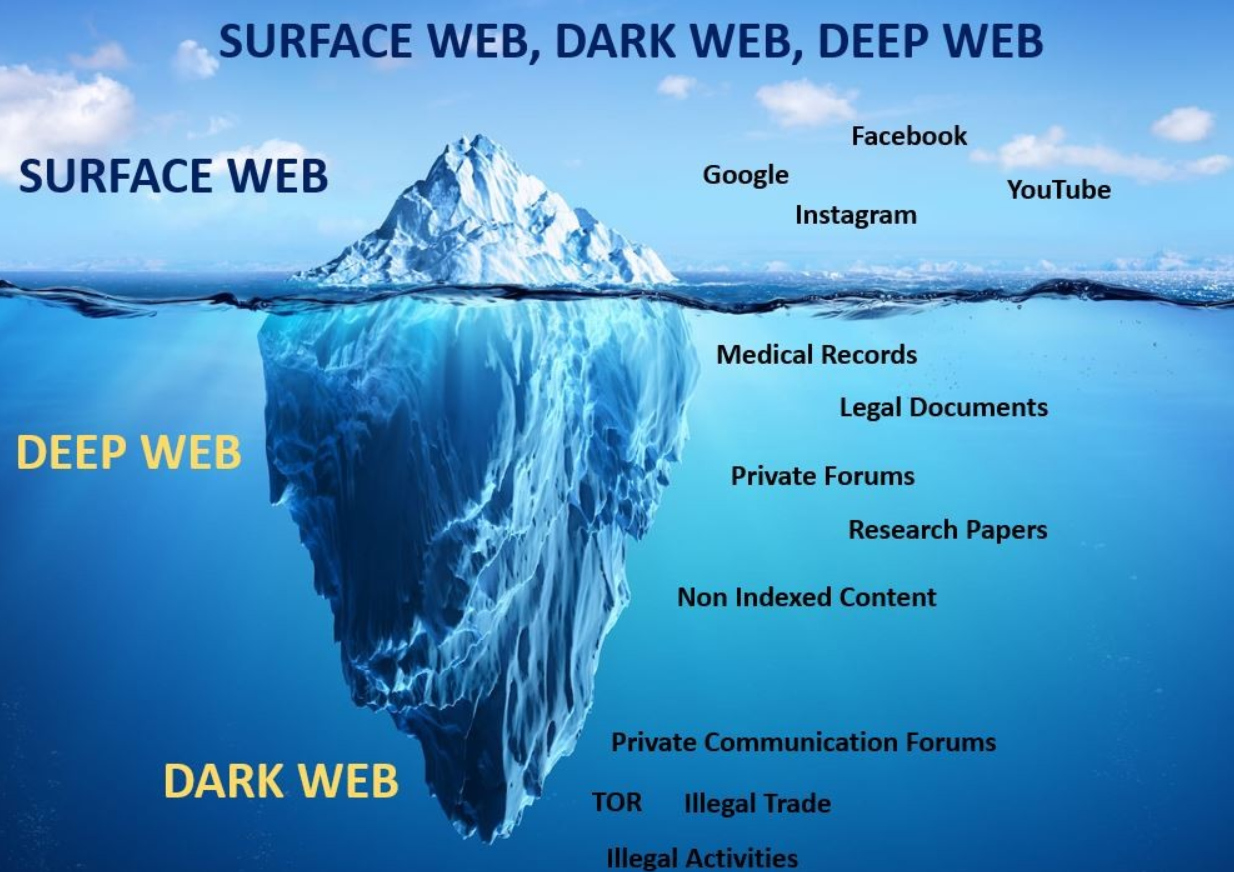
Are Changing the Tech World
Imagine this: you’re a small business owner with a great idea for an app that could help your customers. But there’s a problem — you don’t know how to code, and hiring a developer is too expensive. Sounds familiar?
Well, this is exactly the kind of situation where low-code and no-code platforms come to the rescue. These platforms are like building blocks for software development — instead of writing complex lines of code, you can create apps by simply dragging and dropping elements.
Let’s take a closer look at how these platforms are quietly changing the way people build software — and why it matters to you.
The Old Way vs. The New Way
In the past, building software required serious coding skills. Developers would spend weeks — sometimes months — writing code, fixing errors, and testing the final product. It was time-consuming, expensive, and often frustrating.
But low-code and no-code platforms have simplified this process. Think of them like LEGO sets — instead of crafting each piece from scratch, you just snap the pieces together to build something amazing.
- Low-code platforms are designed for people with some coding knowledge. They speed up the process by providing pre-made tools, so developers don’t have to write everything from scratch.
- No-code platforms are even simpler — they’re made for people with zero coding experience. Anyone can use them to build websites, mobile apps, or business tools just by clicking and dragging.
Real-Life Impact: Changing Lives and Businesses
To understand how powerful these platforms are, let’s look at some real-life examples:
1. The Small Business Owner Who Built His Own App
Ravi runs a small delivery business. He wanted a simple app where customers could track their orders. Hiring a developer was out of his budget, so he turned to a no-code platform. In just a week, Ravi had a fully functional app — no coding required.
Result? His customers were happier, and his business grew without spending thousands on software development.
2. The Teacher Who Created a Custom Learning Platform
During the pandemic, Priya, a teacher, needed an online platform to manage assignments, quizzes, and student progress. With no coding experience, she used a no-code tool to create a personalized system for her students.
Result? She saved time, improved student engagement, and didn’t need to rely on expensive third-party software.
3. The Startup That Scaled Faster
A small healthcare startup wanted to build a patient management system. Using a low-code platform, they built their core system in half the time it would have taken with traditional coding.
Result? They launched faster and attracted investors sooner.
Why Are These Platforms Becoming So Popular?
The rise of low-code and no-code platforms isn’t just a trend — it’s a revolution. Here’s why they’re gaining so much attention:
✅ Faster Development: Projects that used to take months can now be completed in days or weeks.
✅ Cost-Effective: Businesses save money by avoiding expensive developers for simpler projects.
✅ Empowers Non-Tech People: Anyone with an idea can now bring it to life without technical skills.
✅ Encourages Innovation: Since building software is easier, people are experimenting with new ideas more freely.
But Are There Any Downsides?
Like any technology, low-code and no-code platforms have their limits:
❗ Limited Customization: While great for simple apps, complex projects may still require traditional coding.
❗ Security Risks: Without proper checks, quick-built apps might be more vulnerable to security threats.
❗ Scalability Challenges: As your app grows, these platforms may struggle to handle complex data and traffic.
However, for small businesses, startups, and personal projects, these platforms are game-changers.
Popular Low-Code & No-Code Platforms You Can Try
Here are some popular tools making waves in this space:
🔹 Bubble – Great for building web apps with no coding skills.
🔹 OutSystems – A powerful low-code platform for enterprise solutions.
🔹 Webflow – Ideal for designing websites with visual tools.
🔹 Adalo – Perfect for building mobile apps with no coding knowledge.
🔹 Zapier – Connects different apps and automates tasks without coding.
The Future of Tech is for Everyone
Low-code and no-code platforms are breaking barriers, allowing anyone — not just developers — to turn ideas into reality. Whether you’re a small business owner, a teacher, or just someone with a creative idea, these platforms are giving you the power to build.
So, the next time you think about a brilliant app idea, don’t let your lack of coding skills stop you. The future of tech isn’t just for coders — it’s for everyone willing to explore.



Leave a Reply